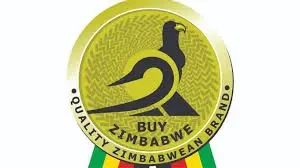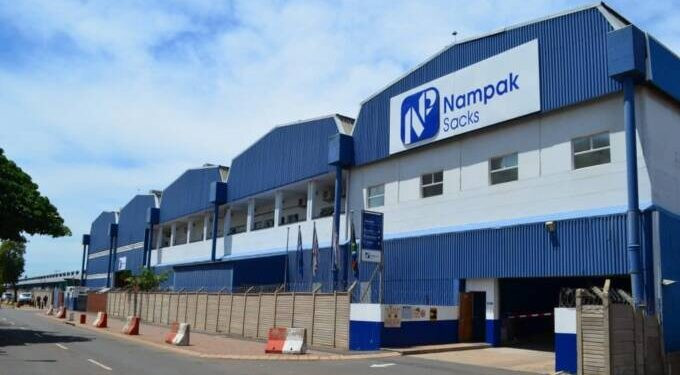
BUY Zimbabwe is aiming to set a minimum local content requirement of 50% for public procurement in the shortest time to boost the country’s domestic manufacturing, NewsDay Business can report.
This comes as the government has been pushing to localise most of the products on the shelves, albeit, at a more affordable level than imported goods.
Speaking on the sidelines of Buy Zimbabwe Public Procurement Conference held in Harare last week, Buy Zimbabwe chief executive officer Munyaradzi Hwengwere said the country needed to be far more ambitious in its efforts to boost local content.
“We think that we must meet a minimum of 50% local content in the shortest period of time, and we believe that if we go to 60% or so, we will attain upper middle income at a higher level because upper middle income has a low end and a high end,” he said.
“If we proceed as we are doing, by 2030, yes, we will be upper middle income, but at a very low end.”
Hwengwere said Zimbabwe needed to be much more aggressive in reaching Vision 2030.
He added that Zimbabwe’s public procurement, which is made up 15% of its US$47 billion gross domestic product (GDP), represented a major opportunity to drive economic growth and job creation if leveraged effectively.
“This is the public procurement workshop, and it is looking at how we can use public procurement to accelerate economic development, Vision 2030. Zimbabwe’s GDP is put at US$47 billion. Of that, 15% is public procurement is about US$7 billion,” he said.
- A dispassionate look into StanChart’s Zimbabwe exit
- Govt committed to support local manufacturing industry
- Govt committed to support local manufacturing industry
- ‘Zim’s retailers deserve a wage subsidy’
Keep Reading
“Right now, Zimbabwe is classified as a low middle income country. We want to go to upper middle income. Public resources, public funds are the largest spend that can create jobs and wealth in this country.”
However, the challenge, according to Hwengwere, is that there were many laws put in place without finalising local content regulations since Zimbabweans mostly imports from either China or South Africa.
He noted that with the African Continental Free Trade Area (AfCFTA) coming into effect, Zimbabwean companies need to meet stricter rules of origin requirements to qualify for procurement contracts.
“Zimbabwean companies import materials and components from countries like China and South Africa. However, with the implementation of AfCFTA, these imported goods will no longer qualify under the rules of origin requirements,” Hwengwere said.
“This meeting was focused on determining what steps need to be taken to ensure Zimbabwe's manufacturing, agriculture, and other critical sectors, can maximise the benefits of public procurement and resources.”
Hwengwere mentioned that the organisation is planning to hold a “MADE in Zimbabwe” event in November this year to showcase the capacity of Zimbabwean companies producing high-local content products.
He stated that the Buy Zimbabwe campaign also aimed to partner more closely with universities and business incubators to support local producers and link them to the market.
Hwengwere, however, acknowledged that lack of funding remained a key constraint.











